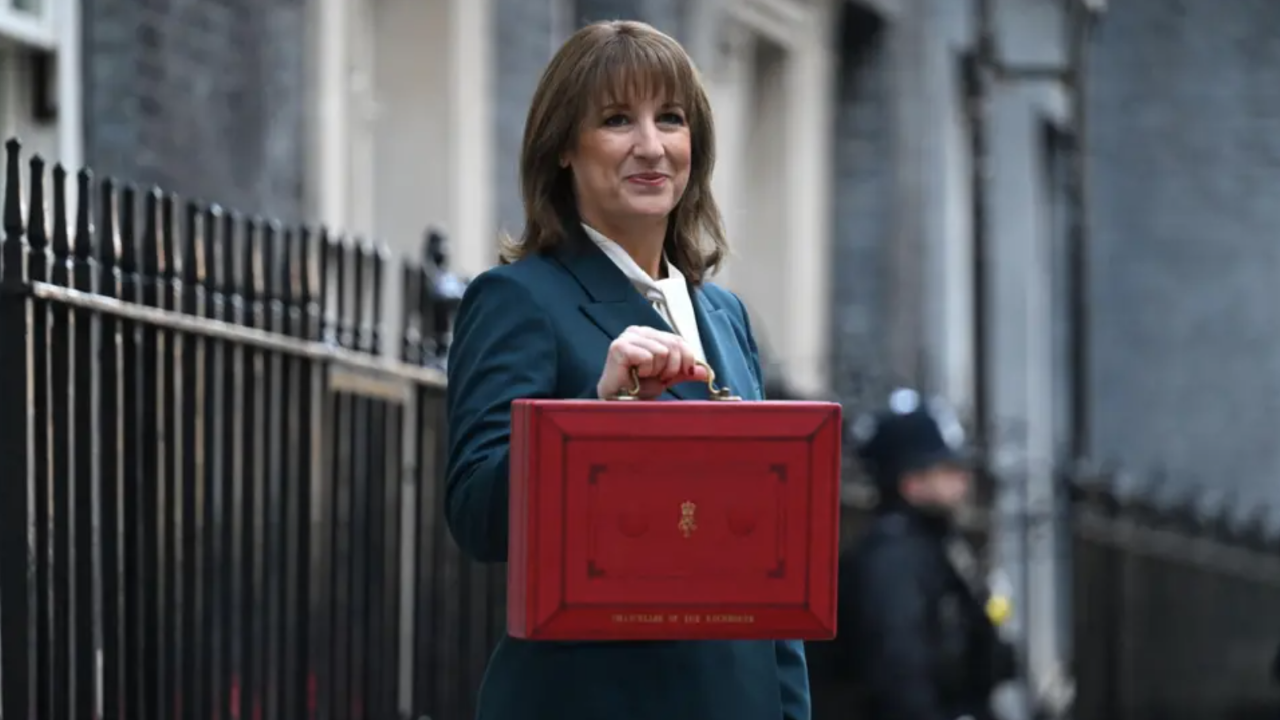20 Powerful Money Truths You Need to Know
Feb 08, 2025
Most people see money as a means to buy things - cars, homes, designer clothes, and the latest gadgets. But true financial wisdom comes from viewing money as a tool for freedom, not just material wealth. Here are 20 money truths that can help you build a more fulfilling, stress-free life.
1. Stop Thinking About Money in Terms of Material Things
There are countless examples of financially wealthy individuals going bankrupt. Mike Tyson’s extravagant lifestyle reportedly cost $400,000 a month, leading him to financial ruin despite earning over $300 million. MC Hammer met the same fate but managed to rebuild his wealth by changing his relationship with money. Surprisingly, lottery winners are more likely to go bankrupt than those who never win. Why? Because financial success isn’t about how much you make - it’s about how you manage it.
2. The Best Thing Money Can Buy is Time and Freedom
Money isn’t about luxury; it’s about choice. It gives you the freedom to live on your terms, work where you want, and eliminate financial stress. Instead of aiming for wealth to acquire possessions, aim for wealth to buy time - the most valuable resource of all.
3. High Income Doesn’t Guarantee Financial Freedom
You don’t need a six-figure salary to achieve financial independence. It’s about limiting unnecessary expenses and prioritising financial security over keeping up with the Joneses. Many high-income earners go broke, while many low-income earners retire comfortably. The key? Intentional financial decisions.
4. Money is a Tool, Not a Goal
Many people accumulate money just for the sake of having it. But the real goal should be to use money to create a life aligned with your values - whether that’s travelling, spending time with family, or pursuing hobbies. Working yourself into the ground until retirement means missing out on priceless moments.
5. Question Everything
Why do you spend money the way you do? Why do you work the job you have? If there were no societal expectations or judgements, what would you do? Align your financial choices with your personal values, not external pressures.
6. Don’t Just Work for Money
If you had enough to cover all your financial goals, would you still do what you do? If the only reason for a job is money, reconsider. True happiness comes from meaningful work, not just a pay cheque.
7. Your Self-Worth is Not Tied to Your Net Worth
Financial struggles do not define you. Your value as a person isn’t measured by the number in your bank account.
8. Embrace Change
Financial landscapes shift, and so should your approach. Be flexible and willing to adapt as your circumstances evolve.
9. You Can Manage Your Own Money
10. Forgive Your Past Financial Mistakes
Everyone has made financial missteps. Learn from them, let them go, and move forward with better knowledge and habits.
11. Understand Your Money Beliefs
Our upbringing, experiences, and emotions shape our financial behaviours. Becoming aware of these influences can help you change negative financial patterns.
12. Don’t Judge Others’ Financial Decisions
People make financial choices based on their experiences. Just because you wouldn’t make the same choice doesn’t mean it’s wrong for them in that moment. Even if it leads to setbacks, every decision is a learning opportunity that shapes their financial growth.
13. Build Good Financial Habits
Small, consistent actions - saving a little each month, reducing non-essential spending, investing - will lead to massive improvements over time.
14. Stop Comparing Yourself to Others
“Comparison is the thief of joy.” – Theodore Roosevelt. Financial success isn’t about competing with others but about achieving your personal goals.
15. Don’t Let Past Experiences Dictate Future Financial Choices
Just because you’ve faced financial hardship before doesn’t mean it’s your destiny. Learn, adapt, and make better choices moving forward.
16. Always Consider Your Future Self
Instant gratification can be tempting, but financial freedom requires long-term thinking. A vision/ action board can help keep your future goals in focus.
17. Don’t Overthink, Just Start
Overanalysing financial decisions can lead to paralysis. Start small, learn as you go, and adjust along the way.
18. Be Intentional with Your Money
Every pound should have a purpose. Spend and save in ways that align with your values. Create a financial plan that is meaningful to you.
19. Practice Gratitude
If you have a roof over your head and food on your plate, you’re already better off than many. Appreciate what you have while working toward financial freedom.
20. Start Now and Believe in Financial Freedom
No matter where you are in life, financial independence is possible. As Henry Ford said, “Whether you believe you can do a thing or not, you are right.”
By shifting how you view money - from a means to buy things to a tool for freedom - you’ll be on your way to a more secure and fulfilling life. Start today, take control, and embrace financial independence.💗






